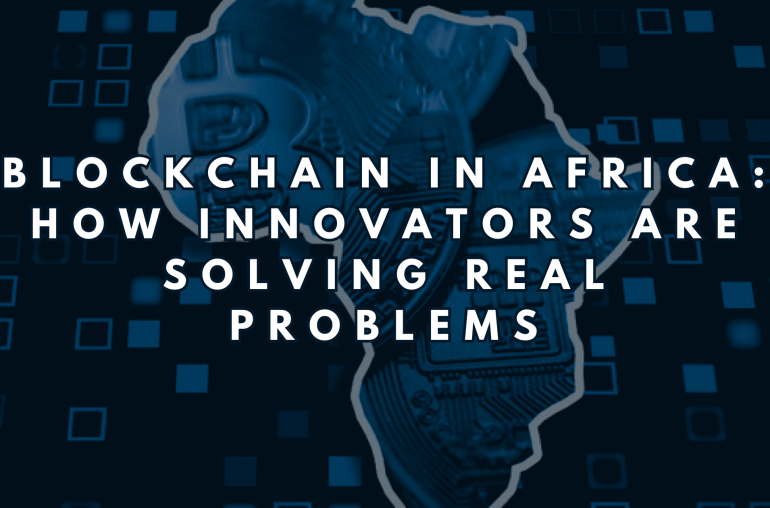Central banks worldwide are stepping into the future of finance by experimenting with smart contracts to implement monetary policy in tokenized environments. This initiative, part of the Bank for International Settlements BIS Project Pine, signals a growing interest in integrating blockchain technology into traditional finance (TradFi) systems.
What is BIS Project Pine?
BIS Project Pine is a joint research effort by the Federal Reserve Bank of New York’s Innovation Center and the BIS Innovation Hub Swiss Centre. The project tested a prototype toolkit designed to enable central banks to execute monetary policy flexibly and rapidly using smart contracts in a tokenized financial system.
According to the BIS report published on May 15, 2025, the smart contract toolkit proved to be fast and flexible, allowing central banks to add or modify policy tools instantly in hypothetical scenarios. This rapid adaptability could be crucial in responding to fast-moving economic crises or unforeseen events.
Key Findings from the BIS Report
- Speed and Flexibility: Central banks were able to change collateral criteria and swap liquid collateral for illiquid assets within a simulated 10-minute scenario.
- Immediate Policy Implementation: The framework allowed for the instant deployment of new facilities, such as adjusting reserve interest rates.
- Potential for Widespread Adoption: If tokenization of money and securities becomes mainstream, smart contracts could become central to monetary policy execution.
- Infrastructure Challenges: The report acknowledges that existing financial infrastructure may need significant upgrades to support these advanced use cases.
How Does This Impact Traditional Finance?
Smart contracts and tokenization offer central banks a toolkit for rapid response to extraordinary economic events, enhancing their ability to manage liquidity, collateral, and interest rates dynamically. This could lead to more resilient and efficient financial systems globally.
Joseph Spiro, product director at DTCC Digital Assets, recently highlighted stablecoins as an ideal instrument for real-time collateral management in financial transactions such as loans and derivatives, underscoring the growing synergy between blockchain technology and traditional finance.
What Does This Mean for Pakistani Investors and Policymakers?
- Future-Ready Financial Systems: Pakistan’s financial institutions and regulators can learn from Project Pine’s innovations to modernize their monetary frameworks.
- Blockchain Integration: Tokenization and smart contracts could enhance transparency, efficiency, and responsiveness in Pakistan’s banking and financial sectors.
- Policy Innovation: Central banks in Pakistan might explore similar pilot projects to harness blockchain’s potential for monetary policy and financial stability.
How Crypto.pk Can Assist You
At Crypto.pk, we keep Pakistani investors and financial professionals informed about global blockchain innovations and their local implications:
- Expert Insights: Understand how tokenization and smart contracts are reshaping finance worldwide.
- Regulatory Updates: Stay ahead with the latest news on blockchain policies and central bank initiatives.
- Investment Guidance: Explore opportunities in tokenized assets and compliant digital finance products.
Interested in how blockchain will transform finance in Pakistan?
Visit Crypto.pk or contact our helpline today for personalized advice and market updates.
Stay connected with Crypto.pk for the latest on blockchain technology, tokenization, and the future of monetary policy.




